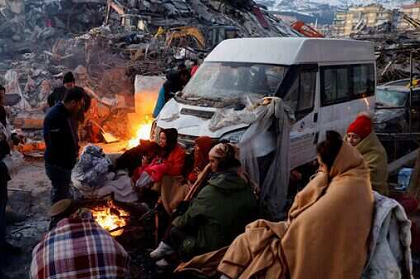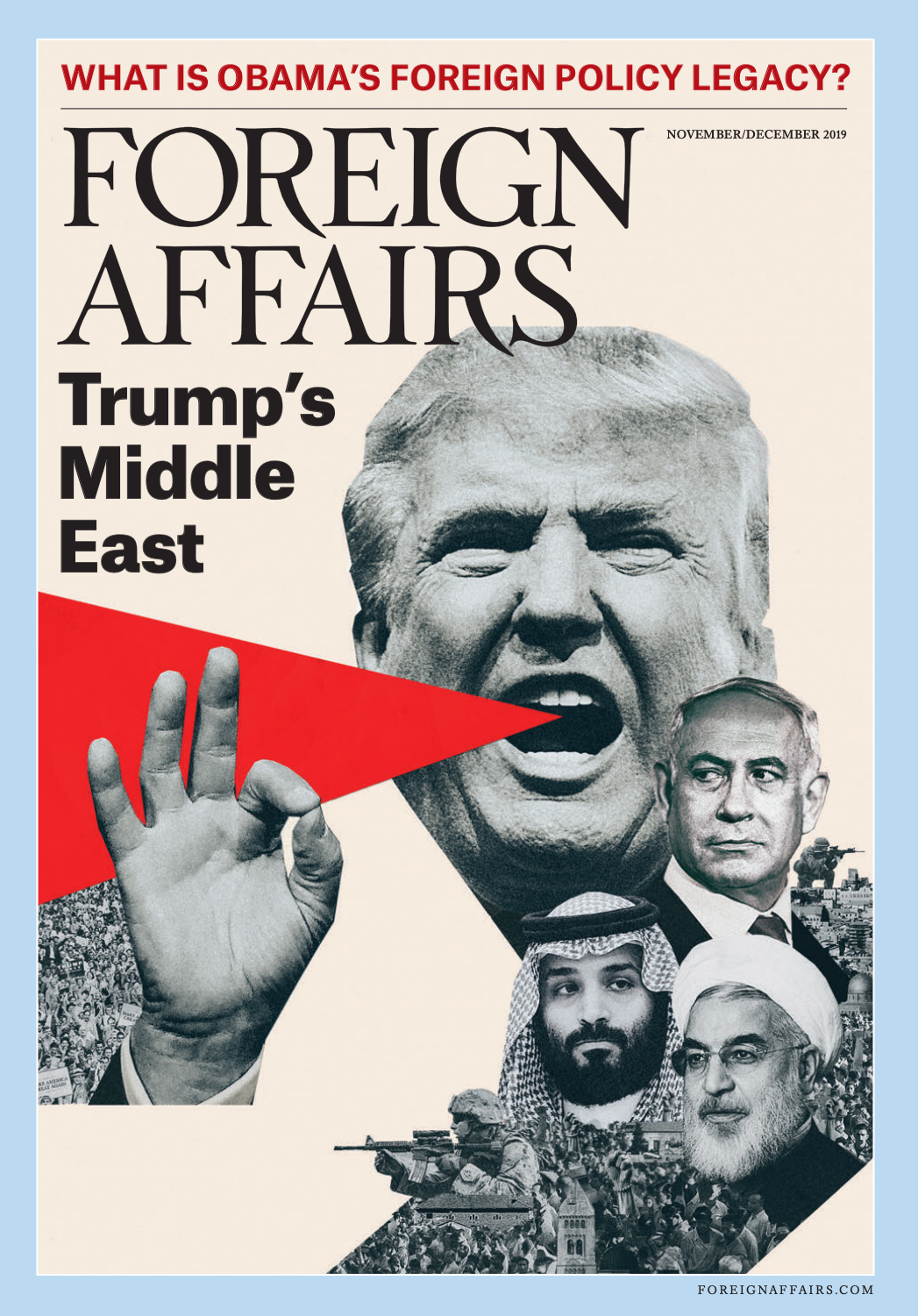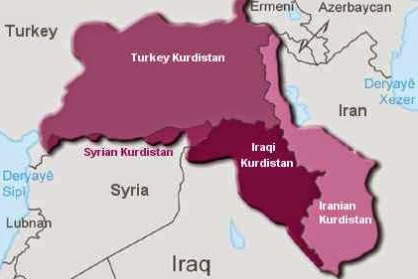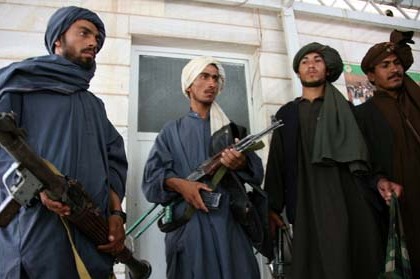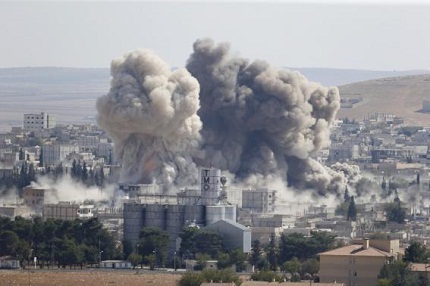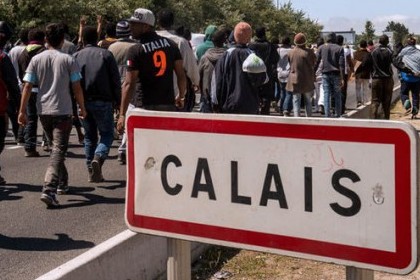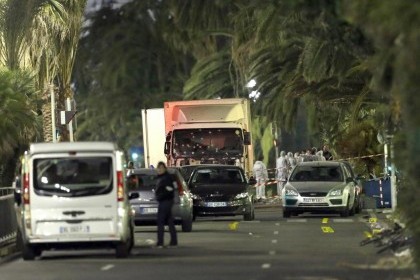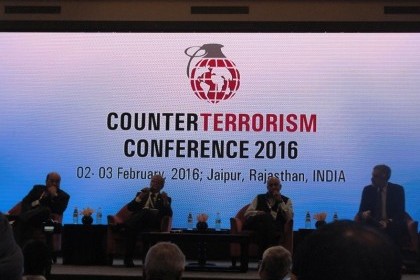Indian Assistance to Türkiye and Syria
The earthquakes that struck Turkey and Syria on 6 February devastated those regions. India established its credentials as an early responder, along with the global community. Humanitarian aid may not lead to a significant change in regional foreign policy, but people’s goodwill has been established in Turkey and a window opened in Syria for normalisation with its Arab partners.

